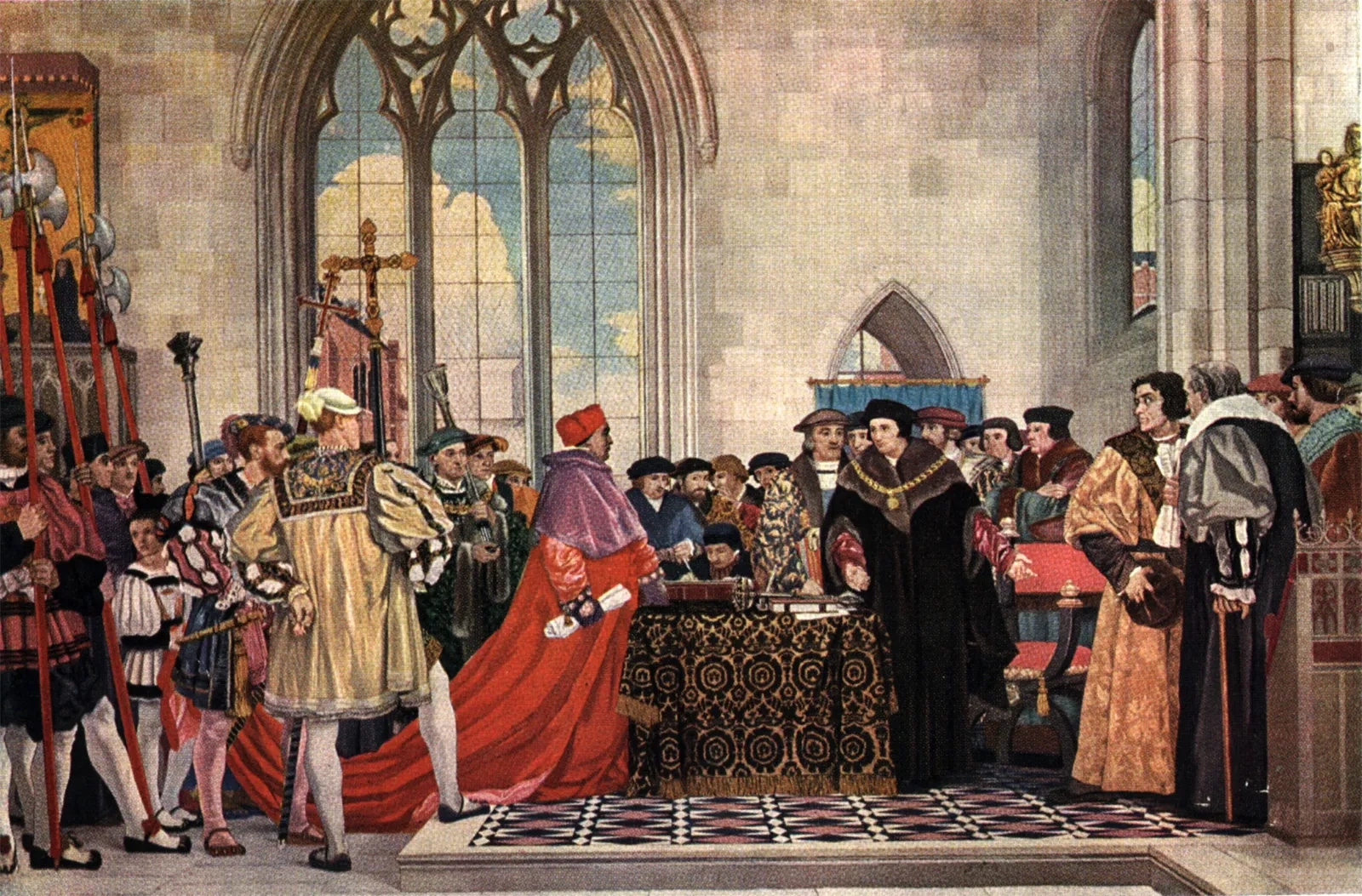
In the medieval university, disputatio was the formal process of debate and discussion of arguments and ideas. It was the art of disputing, a kind of intellectual joust, and meant to discover the truth of the matter in question.

I am coming to the conclusion this week of Shakespeare’s Richard II. This is the first in the four plays concerning the rise and reign of Henry IV. It tells the story of the end of Richard’s reign and his deposition by Henry Bolingbroke (who becomes Henry IV). Richard was a terrible king–corrupt, depraved, weak–and […]

This week in my Shakespeare in a year reading program brought me to the end of “The Taming of the Shrew” and got me a bit further through “Venus and Adonis,” together with a few more of the early Sonnets (4, 5, 6). The themes in the poems continue to be those of love unrequited […]

This week in my Shakespeare in a year program had me completing “The Two Gentlemen of Verona,” beginning “The Taming of the Shrew,” and progressing through a bit more of “Venus & Adonis,” together with Sonnets 3 and 4. The motif of love continues in “Taming.” The basic plot line so far (leaving aside the […]
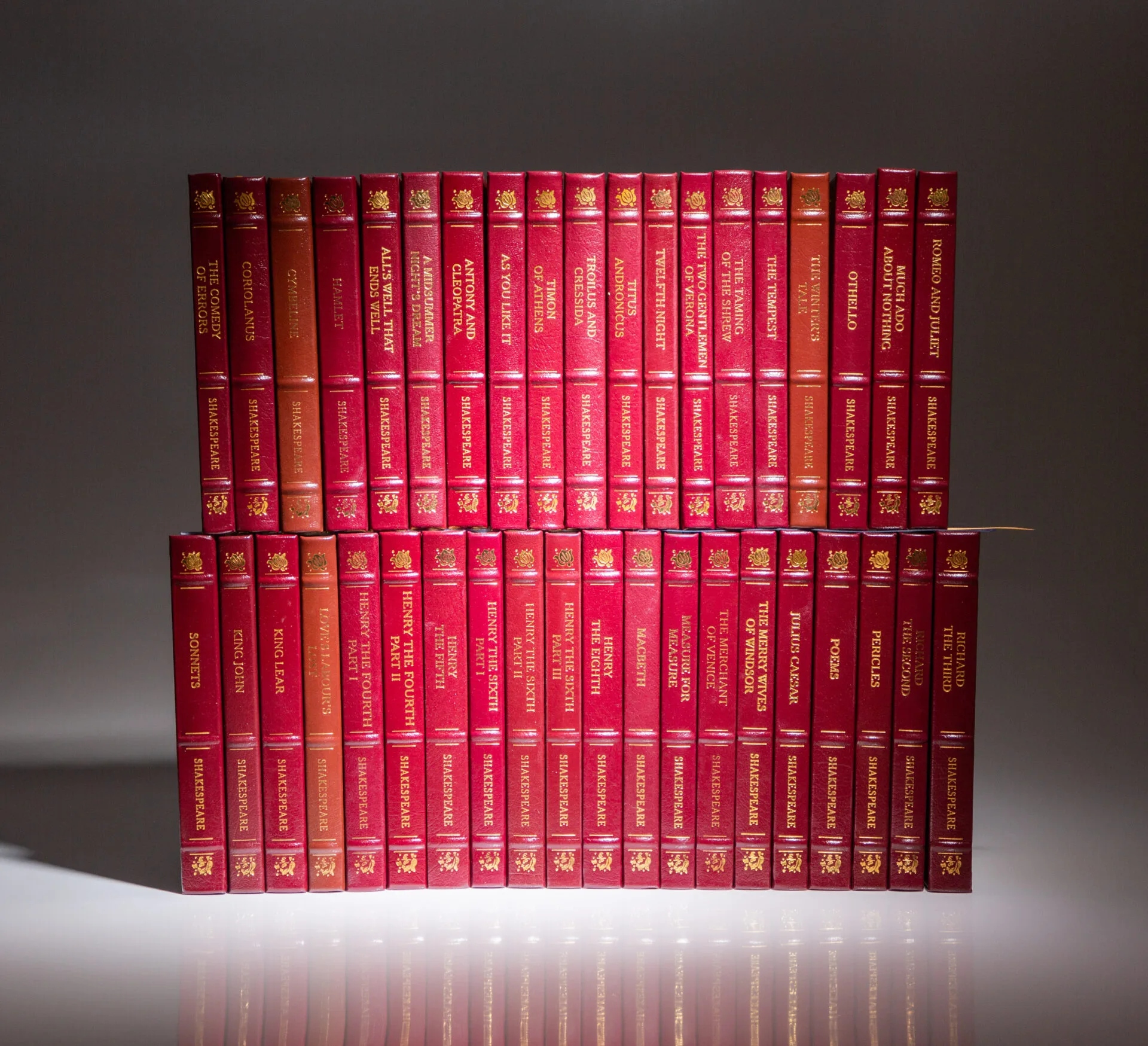
Happy New Year to all of our Center readers and supporters. Elizabeth and I are excited for all of our sundry Center programs in 2026 and we will be communicating these to you by and by. As a bit of a diversion, though one connected to the themes and aspirations of our Center, I thought […]
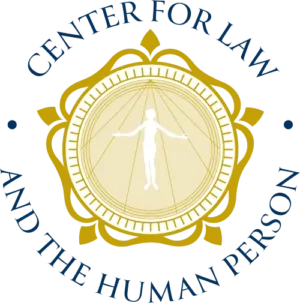
People often notice our distinctive logo and ask questions about it. Many assume the person depicted in its center is Leonardo da Vinci’s “Vitruvian Man,” an image in which the human person is depicted as the model and measure of the cosmos. But, in fact, our inspiration is a different one: the Universal Man of […]

I have a short comment, How a Theory Can Make a Difference, reflecting on what it means for a constitutional theory to mean something, to make a difference. The piece is a response to Professor Sherif Girgis’s excellent lecture for the Florida Law Review on originalism and the problem of theoretical non-distinctiveness. I have a […]
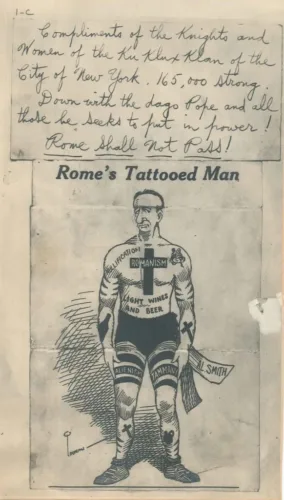
In our latest podcast, Kevin and I reflect on some recent and less recent controversies in the news concerning Catholic views about the source of our rights and of our law, with digressions on Pierce v. Society of Sisters to Al Smith to Senator Tim Kaine to Justice Amy Coney Barrett. Tattoos optional. Listen in!

I have a new paper with this title. It argues that we have neglected the issue of essences in some of our fundamental legal concepts, with the result that our concepts are no longer cohering and can no longer serve the functions that we are asking of them. I focus on the concepts of “person” […]

Kevin and I were delighted to speak with our old friend, Professor Lee Strang, about the arrival of civic and/or classical education centers in universities. Lee is Professor of Law at The Ohio State University School of Law and the Executive Director of the Salmon P. Chase Center for Civics, Culture, and Society. We discussed […]
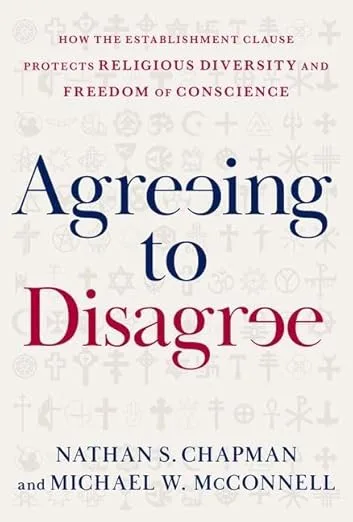
Kevin and I interview Professor Nathan Chapman, co-author with Professor Michael McConnell of an important recent book on the Establishment Clause, Agreeing to Disagree: How the Establishment Clause Protects Religious Diversity and Freedom of Conscience. Among other issues we discuss are the authors’ view that the Clause exists to protect against government “conformity” in matters […]